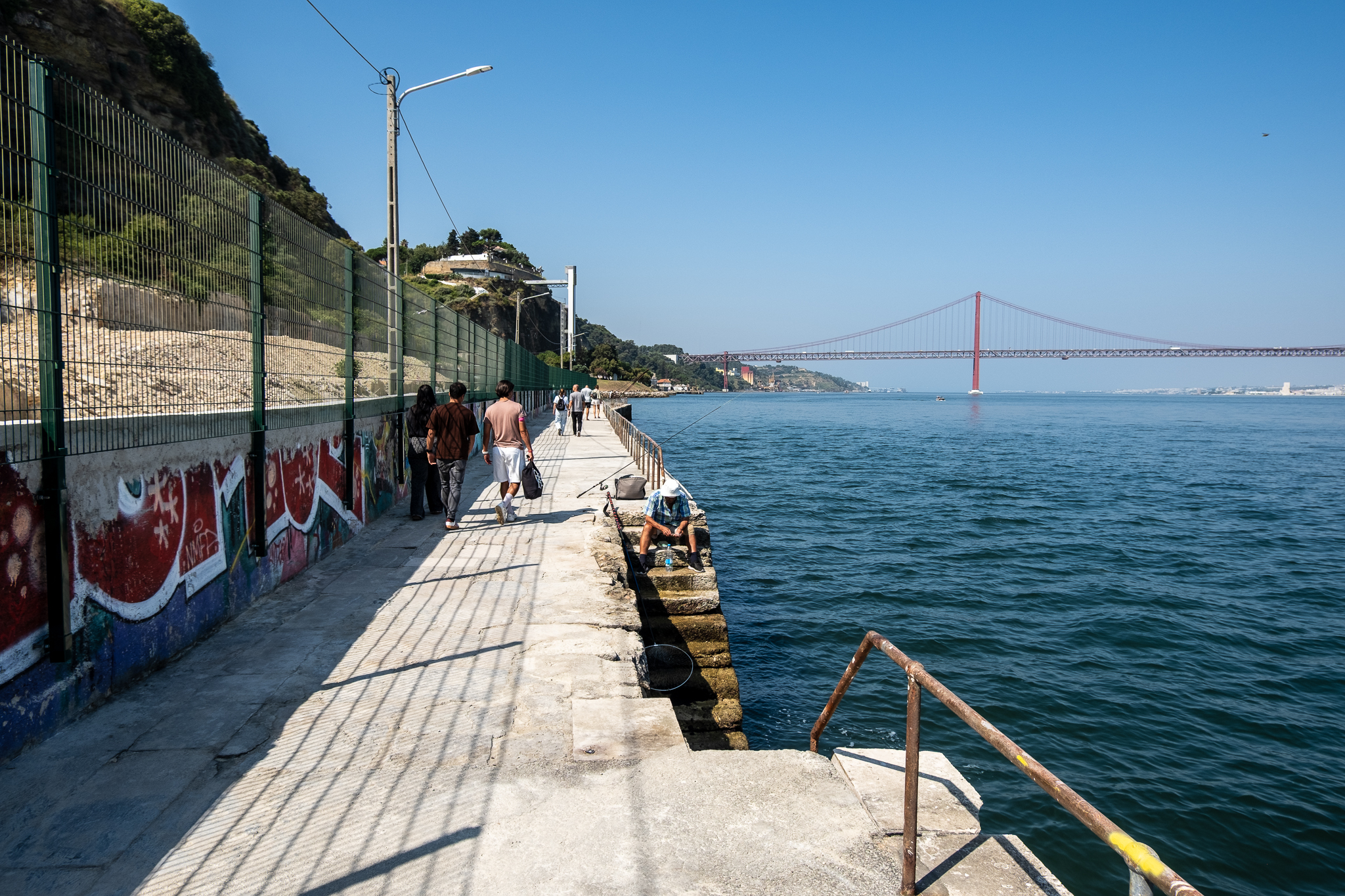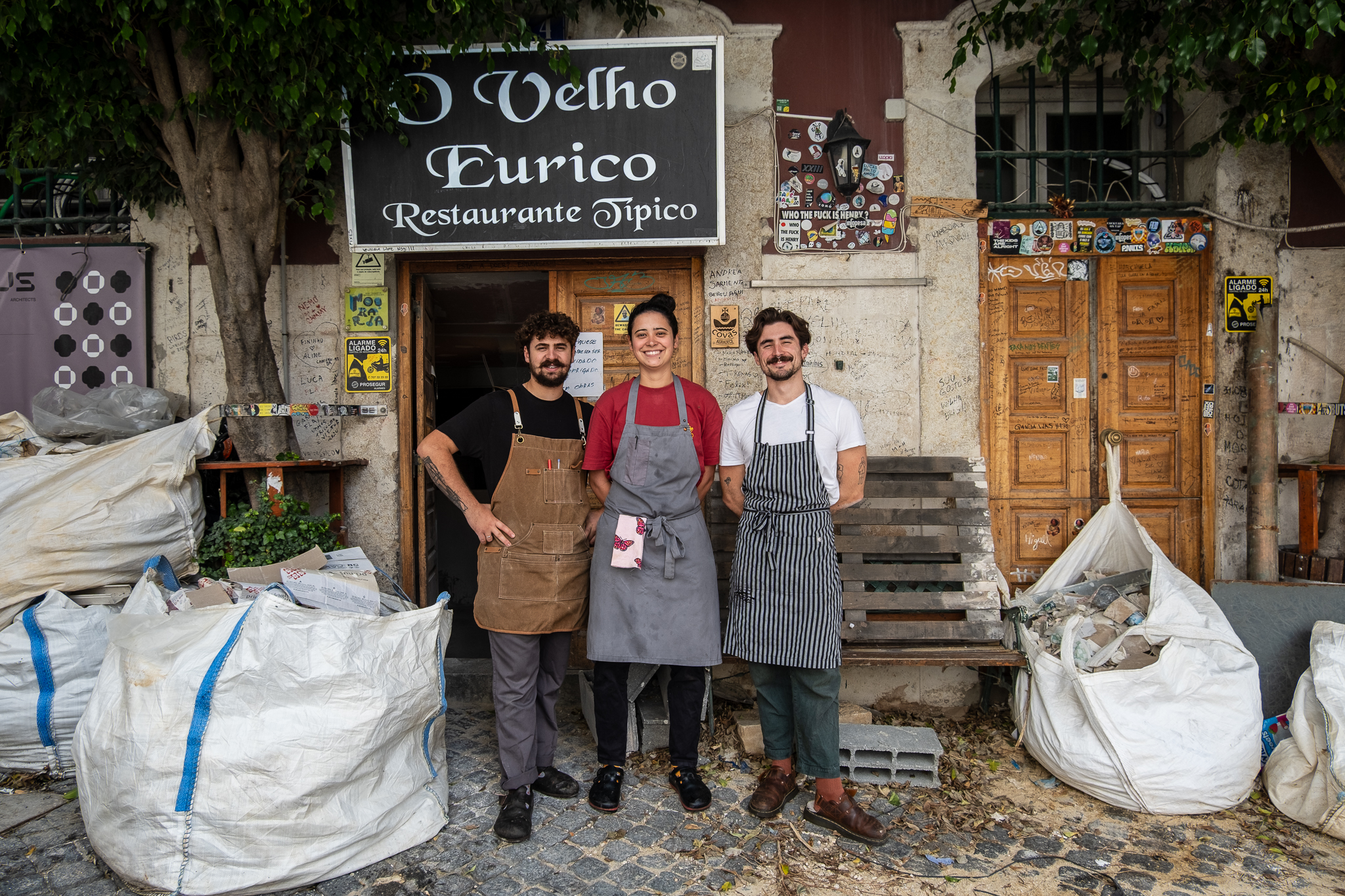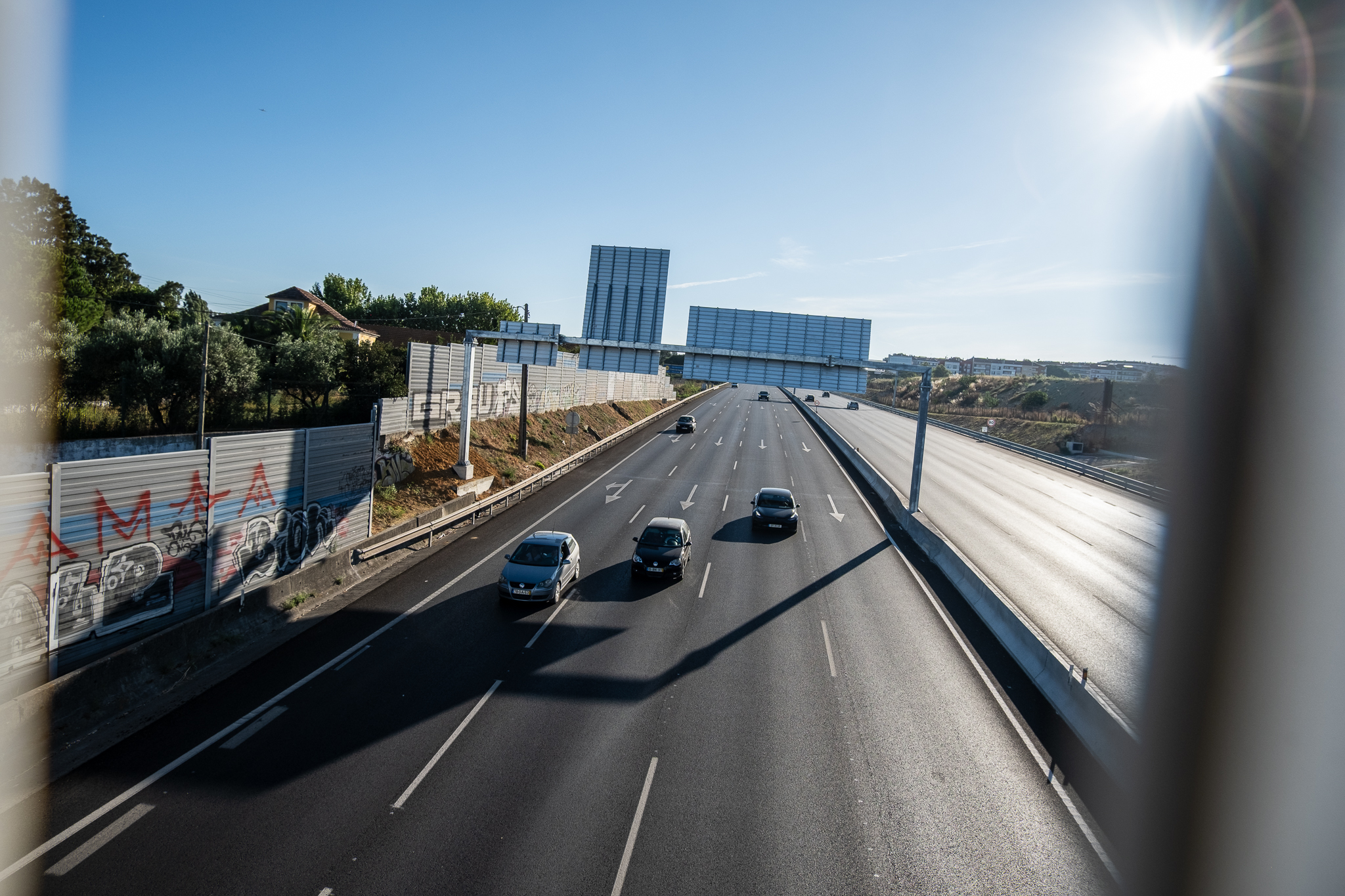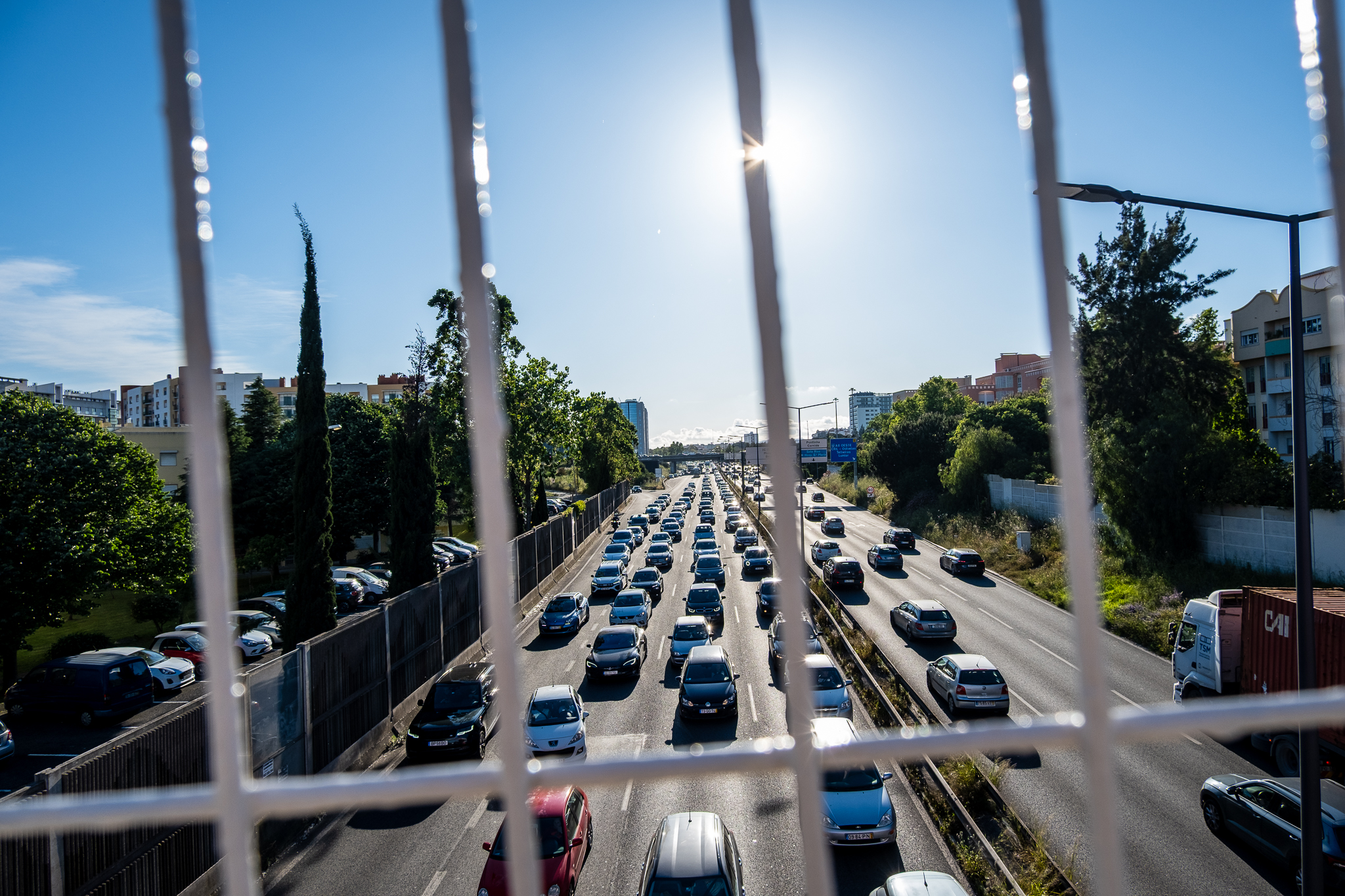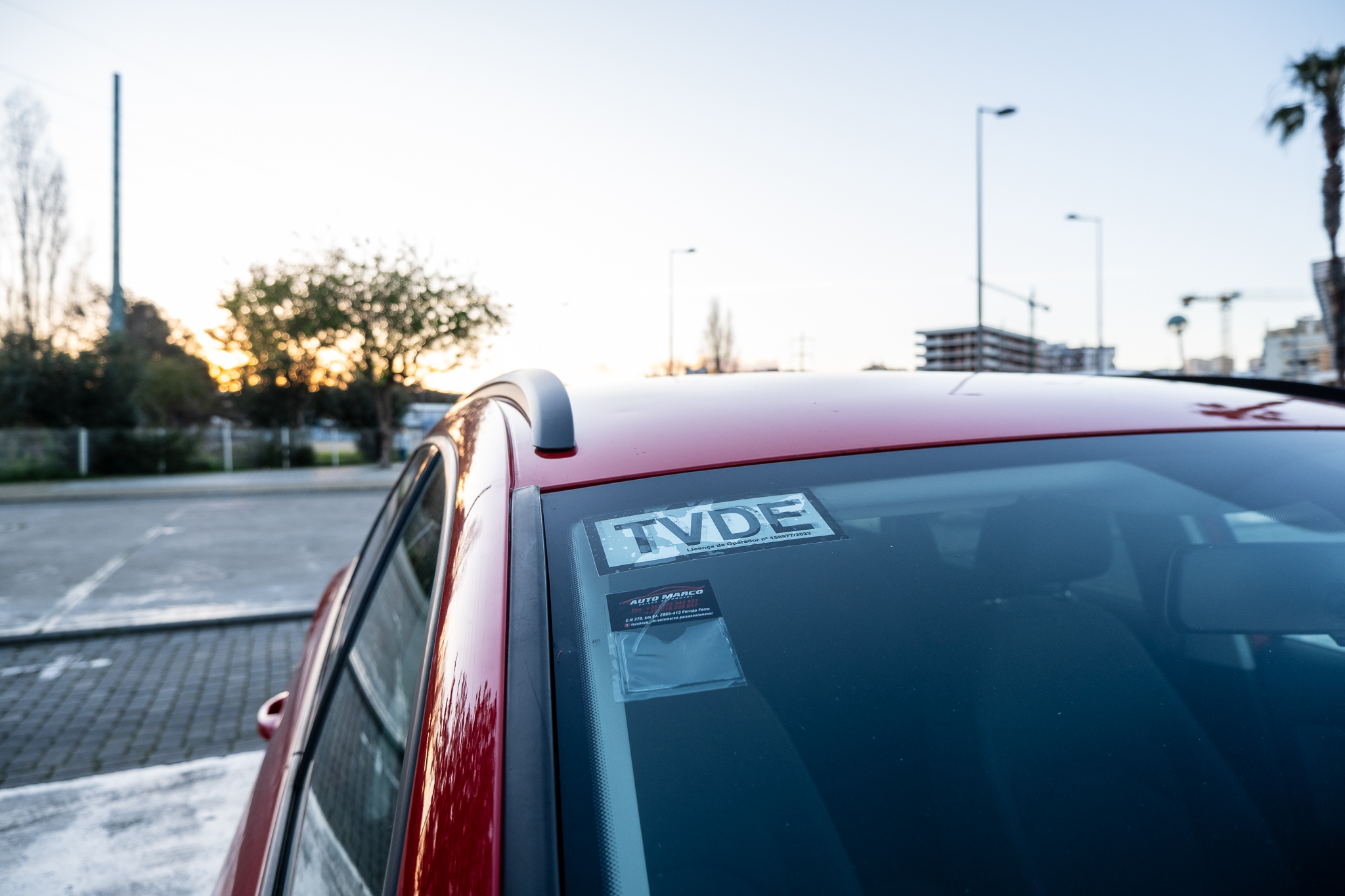The manifesto claims the vision of healthier, safer, more resilient and sustainable cities that put active mobility - including cycling - at the top of the mobility pyramid, and proposes the priority steps to achieve this.

For MUBi, the local elections represent an opportunity for Portuguese cities to make a broad and firm commitment to a paradigm shift in urban planning and mobility policies, prioritizing walking and cycling, public transport and shared mobility systems over the use of individual cars. That's why, on World Bicycle Day, June 3, the association that focuses its activity on cycling and beyond is launching the manifesto Living Cities: 10 Measures to Give the City Back to the People.
The manifesto, also sent to political parties, calls for a vision of healthier, safer, more resilient and sustainable cities that put active mobility - including cycling - at the top of the mobility pyramidand proposes the priority steps to achieve this goal. This is because, according to MUBi, this decade will be marked by a profound redefinition of mobility in Portuguese cities; the priorities of the past no longer apply to today's Portugal, and people now demand greener, safer and healthier places to live more than ever before.
Alongside other factors, the quality of life in cities and municipalities can be measured by the quantity and diversity of green spaces and the quality of permanence and use of public spaces. Especially in denser urban areas, the pandemic has once again demonstrated the importance of public space as a place for physical activity, enjoyment and relaxation, and the value that proximity to essential social functions has for the resilience of communities.
Urban centers are responsible for 70% of greenhouse gas emissions and road transport is the main cause of air pollution in cities. The climate commitments and targets for this decade therefore place enormous demands on urban areas. The European Union intends to support 100 European cities in their systemic transformation towards climate neutrality by 2030. An opportunity, challenge and example for all Portuguese municipalities.
The manifesto proposes 10 priority measures, structured into four strategic dimensionsto transform Portuguese cities into healthier, safer, more attractive and dynamic places:
Planning for the future: planning mobility, involving everyone
The growing complexity of urban mobility requires integrated strategic planning, which should be broadly participatory and based on a clear vision of sustainable development. Municipalities should implement Sustainable Urban Mobility Plans, following the principles of prioritizing active and collective modes of travel. Compact, proximity-based urban planning and lower public transport fares are ways of reducing social and territorial inequalities and improving access to activities and opportunities for the entire population.
Protecting everyday life: the loss of human life resulting from car traffic is unacceptable
Portuguese cities have some of the worst safety indicators in Europe for vulnerable users. Physical traffic calming measures should be disseminated in residential areas, urban centers and other places where vulnerable users coexist with motor vehicles. Crossing traffic should be limited and speeds reduced in the streets around schools, creating safer and less polluted environments, while at the same time promoting active mobility on the part of the school community.
Designing for everyone: public space should belong to everyone and for everyone
The pedestrian mode is the universal basis of human travel and many people do not feel that the public space is safe and comfortable, depriving children and the elderly of the autonomy and freedom to which they are entitled. Municipalities should guarantee infrastructure for pedestrian movement, with wide, accessible and safe sidewalks and crosswalks, and also prioritize the existence of squares and places for community life in the public space. Universal access conditions must be ensured, not excluding people with disabilities, reduced mobility or the most vulnerable.
Activate mobility: changing the culture of mobility, especially by decision-makers and politicians
30% of the journeys made by car cover distances of less than 3 km, and 50% are less than 5 km. Mobility patterns in Portuguese cities should be changed by investing in infrastructure and equipment to encourage cycling, with quality public transport that ensures geographical coverage and affordable prices, and by promoting its complementarity with active modes. Excessive car use should be discouraged, mainly by reducing and charging for parking in urban areas and restructuring the road network to discourage through-traffic in neighborhoods and other sensitive areas.
The Manifesto Living Cities: 10 Measures to Give the City Back to the People can be consulted on the cidadesvivas.mubi.pt or download the PDF below.






